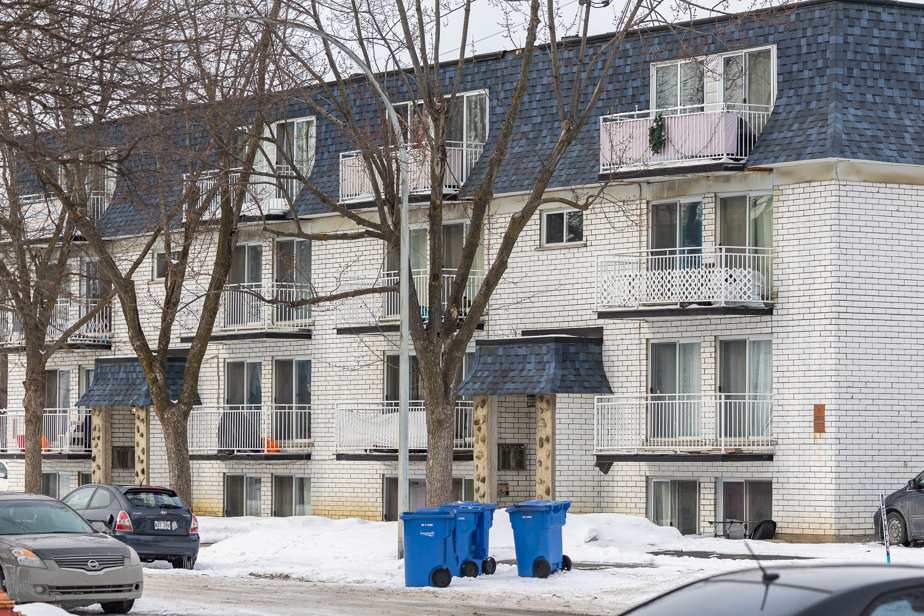In its housing strategy, unveiled Monday morning, the City of Longueuil rejects the Montreal solution of forcing private developers to contribute financially to the construction of social, affordable and family housing, the results of which obtained so far have been mixed.
The mayor of Longueuil, Catherine Fournier, proposes instead to increase the real estate stock under the control of non-profit organizations.
Ultimately, the City aims to reach a threshold of 20% of non-profit rental housing on its territory. This objective aims to provide affordable housing to the first quintile of the population, i.e. the share of renter households who cannot currently find acceptable housing on the private market.
“By definition, housing that is non-profit is affordable housing, because it does not meet the imperatives of profit,” explains Ms. Fournier.
This is not the first time that the mayor of Longueuil has stood out for her positions on housing. Last June, she refused to join 12 mayors of large cities in Quebec who demanded in an open letter the establishment of a universal rent register1.
This time again, Longueuil stands apart. By choosing to intervene in non-profit housing, the City avoids being entirely dependent on funds intended for social housing from Quebec and Ottawa to act, she specifies. Another advantage, she argues, is a simplification of the intervention of municipal power compared to the complexity associated with the implementation of the Regulations for a mixed metropolis of the administration of Valérie Plante.
A development fee is a tax2 imposed by certain cities on new constructions, for example $3,527 per dwelling in the case of Brossard, with the aim of financing future municipal infrastructure, such as an expansion of the water production plant drinkable.
“The context is different today than when Montreal adopted its 20-20-20 regulation, where construction was going very well,” she said to explain her refusal to follow in Montreal’s initiative. I can understand the idea behind the regulation at the time.
“On the other hand, in a context where residential construction is slow and where projects are struggling to get started because the financial arrangements are not viable,” she maintains, “the worst thing to do at the moment would be to add costs to the bill that is imposed on developers because it risks nipping certain projects in the bud or making the housing that will be built even more unaffordable. »
To do this, the City will use its right of pre-emption, i.e. the right to acquire a building under the conditions of an accepted purchase offer submitted by a third party.
The City is also considering establishing an acquisition support fund to help NPOs complete their financial package. The funding will come, if the provincial government agrees to make legislative changes by expanding the notion of incentive zoning, from financial contributions from private developers in exchange for additional density.
“Developers could benefit by having an incentive to build more on the land. At the same time, the City could set aside a fund that would help with the acquisition of housing through NPOs,” summarizes the mayor.
“It’s an excellent thing that we’re talking about non-profit housing rather than talking about affordable housing, a designation that no longer means anything,” says Cédric Dussault, spokesperson for the Regroupement des committees logement et associations de tenants in Quebec. However, he deplores the absence of measures to stop speculation, such as a rent register.
For their part, real estate developers united within the Urban Development Institute of Quebec (IDU) offer their collaboration. “The City of Longueuil proposes to focus on reducing processing times for applications and authorizations, on regulatory relief, on increasing density in strategic sectors and on financial incentives. The IDU welcomes the City’s plan,” says Isabelle Melançon, its CEO.
